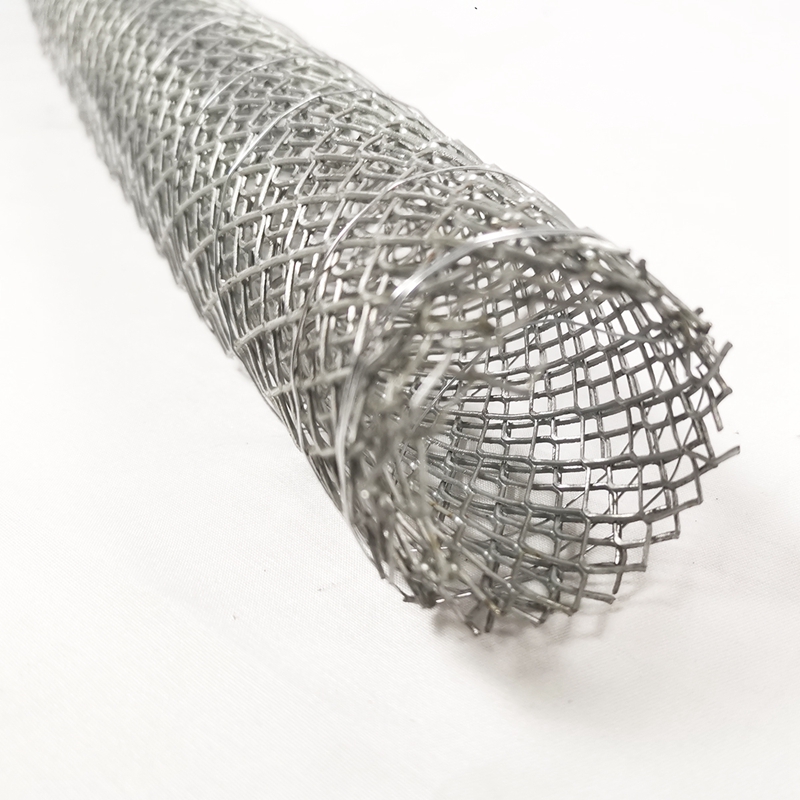Innovative Solutions for Effective Agricultural Fencing and Livestock Management Techniques
ديسمبر . 23, 2024 06:32
The Importance of Agricultural Fencing Protecting Our Fields and Livestock
Agriculture has long been the backbone of human civilization, providing food and resources essential for survival. As farming techniques evolve, the need for effective management practices becomes more critical. One such practice, which often goes unnoticed yet is essential to modern agriculture, is fencing. Agricultural fencing plays a pivotal role in safeguarding crops and livestock, enhancing farm productivity, and ensuring the overall sustainability of farming operations.
Types of Agricultural Fencing
Agricultural fencing comes in various types, each designed for specific purposes. The most common types include barbed wire, woven wire, electric fencing, and high-tensile fencing. Barbed wire is often used for perimeter fencing due to its cost-effectiveness and ability to deter intruders. Woven wire is ideal for containing livestock because it offers a secure barrier while allowing smaller animals to move freely.
Electric fencing is increasingly gaining popularity among farmers as it provides a safe and effective way to manage animals and protect crops. It operates on a simple principle a mild electric shock deters animals from crossing the boundary. This method is particularly useful for keeping livestock within designated areas and preventing wildlife from encroaching on fields.
High-tensile fencing, made from strong steel wires, is another preferred choice for its durability and resistance to rust and wear. While the initial investment may be higher, the long-term benefits make it a cost-effective option for larger farms. Farmers can choose the appropriate type of fencing based on their specific needs, animal types, and budget.
Benefits of Agricultural Fencing
agricultural fencing

1. Protection of Crops One of the primary reasons for installing agricultural fencing is to protect crops from wildlife. Animals such as deer, rabbits, and birds can cause significant damage to fields, resulting in severe financial losses. A well-constructed fence acts as a barrier, preventing wildlife from accessing valuable crops and ensuring a better harvest.
2. Livestock Management Agricultural fencing is crucial for maintaining the safety and health of livestock. Effective fencing systems (such as electric or woven wire fences) keep animals contained, reducing the risk of straying onto roads or neighboring properties, which can lead to accidents. Additionally, proper fencing helps prevent injuries and altercations between livestock, promoting a more stable environment for animals to thrive.
3. Boundary Definition Fencing serves as a clear boundary line between properties, reducing disputes between neighboring farms. It also helps define the limits of land ownership, leading to clearer land management practices. Establishing a defined perimeter can reduce confusion and conflicts that arise from overlapping responsibilities and unregulated access.
4. Enhanced Security Security is another crucial aspect where fencing plays a vital role. Properly secured perimeters deter trespassers, thieves, and vandals from accessing valuable agricultural equipment and resources. Many farms invest in surveillance systems and improved fencing to enhance security, making their operations safer and more efficient.
5. Sustainable Practices Sustainable farming practices require careful management of natural resources. Fencing plays a role in preserving landscapes by controlling livestock grazing areas and preventing overgrazing. This careful management of land usage helps promote soil health and biodiversity, creating a more sustainable agricultural environment.
Conclusion
In conclusion, agricultural fencing is a multifaceted tool that provides essential benefits to farmers and the agriculture industry. It protects crops, manages livestock, defines boundaries, enhances security, and promotes sustainable practices. As farming continues to face modern challenges, effective fencing solutions remain a fundamental component of agricultural success. Investing in high-quality fencing not only protects one’s investment but also ensures the long-term viability of agricultural practices. As we look toward the future, the importance of agricultural fencing in promoting efficient and responsible farming will only continue to grow.




















